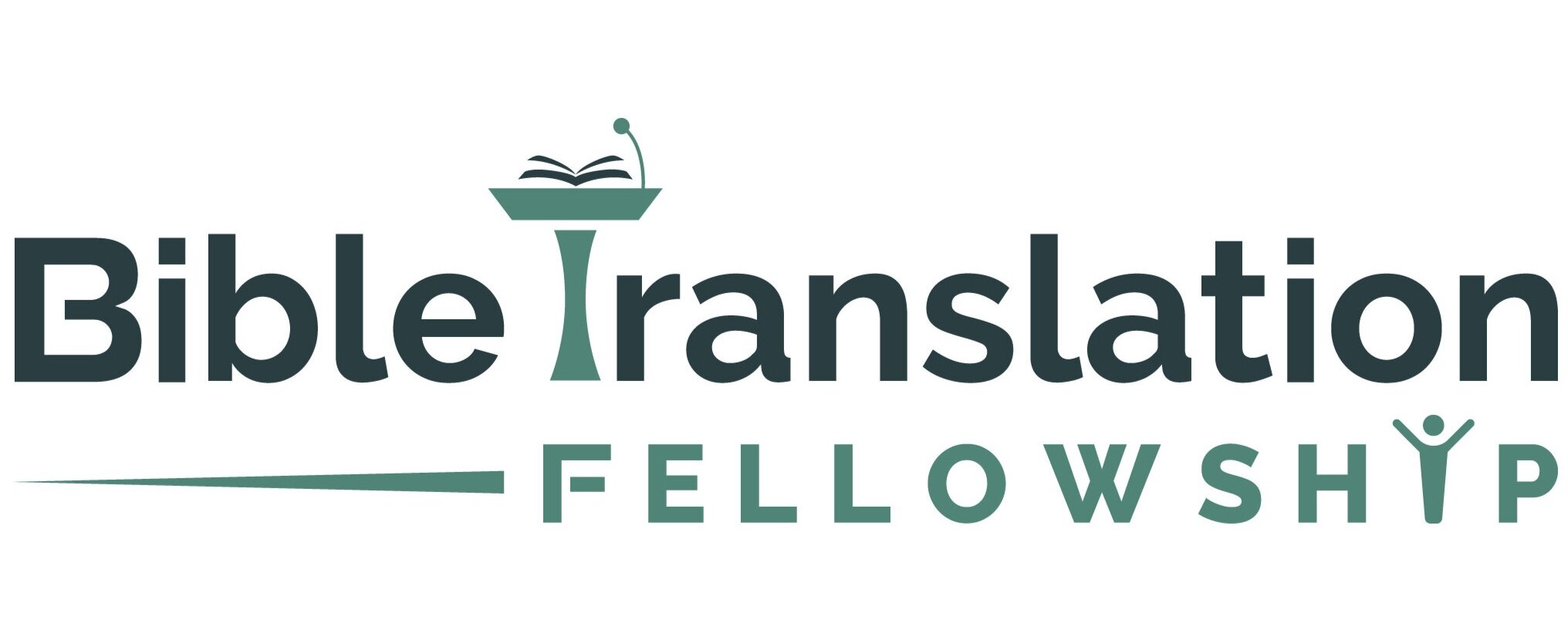Do Christians Need Vernacular Bibles?
 Should we really tackle all the minority languages of the world? English is fast becoming a global language and minority languages are being replaced by major trade languages like French in Africa, Hindi in India, Arabic in the Muslim world, or Nepali along the Himalayas. So if minority languages are dying off, what’s the point in translating them?First off, language research is difficult because decisions have to be made as to a how viable and popular a language is. How long will the minority language be used in the future is part of assessing whether it is worth investing in. Americans have a hard time relating to the issues of a multilingual society because they only grow up speaking English, with minor variations depending on where in the country they live. But in countries like India or Africa, people grow up speaking three languages, often in different contexts: one language at home and two other languages in school, business, and politics. Who should make the decision of how viable a minority language is?So should we just translate the Bible into the major trade languages? It's hard to answer that question because nations are still rising and falling; and nations are still deciding and changing what their "national" language will be. In India (whose borders are still disputed in the North, and which on the East and West caused the split of Pakistan from Bangladesh), the "national" language is Hindi, but English is widely taught and used in educational, economic and political spheres, while Hindi and the mother tongue are used in overlapping spheres of home, school, marketplace, and all the rest, depending on the state one lives and travels in.But let's consider some evidence from history as we explore this question of translating the vernacular.Aloo Mojola, on Bible translation in Africa, writes, "It has been argued that the failure of the Carthaginian Christian community to develop the faith in terms of its own culture and language may partly explain why it did not survive in the same way the Alexandrian Christian community did" (Noss, A History of Bible Translation, 143). Mojola is referring to the fact that Carthage never had the Scriptures in its own language (Punic), instead using the Roman Latin language. Africa would be a good test case for assessing the longevity of a Christian community in relation to their having the Bible in their first language, i.e. the mother tongue or vernacular.On the other hand, I've been to Sikkim, India, where I learned that some Christians still speak their first language in the home but they don't read that language. Instead, they learned to read in Nepali and they conduct their entire church service in Nepali: singing, preaching, reading, all in Nepali.Translators need a lot of wisdom and a lot of discernment, but they must not go it alone. We need to reintegrate Bible translation work with church planting and theological education under the leadership of nationals. There is a big push to train nationals, called "mother tongue translators” (MTTs). This is a good move, but too often these MTT's are only trained in linguistics. When the Bible is finished, who will preach it, disciple with it, write study helps and Christian living books? When the translation needs revision, who will do it? When the language dies and needs replacing by another translation, who will do it? Translation is a theological endeavor; we need to train pastors in theology and exegesis, so they can take part on translation committees and have a lasting voice for the future of Bible translation, church planting and theological education in their own communities. These ministries go hand-in-hand, and the long-term health of the church is tied up with the faithfulness of the translation and access that its translators, pastors, authors, theologians, scholars, and leaders have to both the Bible and theological education.Let's pray, and let's partner together in church planting, theological education and Bible translation. Let’s come Together for the Bible!
Should we really tackle all the minority languages of the world? English is fast becoming a global language and minority languages are being replaced by major trade languages like French in Africa, Hindi in India, Arabic in the Muslim world, or Nepali along the Himalayas. So if minority languages are dying off, what’s the point in translating them?First off, language research is difficult because decisions have to be made as to a how viable and popular a language is. How long will the minority language be used in the future is part of assessing whether it is worth investing in. Americans have a hard time relating to the issues of a multilingual society because they only grow up speaking English, with minor variations depending on where in the country they live. But in countries like India or Africa, people grow up speaking three languages, often in different contexts: one language at home and two other languages in school, business, and politics. Who should make the decision of how viable a minority language is?So should we just translate the Bible into the major trade languages? It's hard to answer that question because nations are still rising and falling; and nations are still deciding and changing what their "national" language will be. In India (whose borders are still disputed in the North, and which on the East and West caused the split of Pakistan from Bangladesh), the "national" language is Hindi, but English is widely taught and used in educational, economic and political spheres, while Hindi and the mother tongue are used in overlapping spheres of home, school, marketplace, and all the rest, depending on the state one lives and travels in.But let's consider some evidence from history as we explore this question of translating the vernacular.Aloo Mojola, on Bible translation in Africa, writes, "It has been argued that the failure of the Carthaginian Christian community to develop the faith in terms of its own culture and language may partly explain why it did not survive in the same way the Alexandrian Christian community did" (Noss, A History of Bible Translation, 143). Mojola is referring to the fact that Carthage never had the Scriptures in its own language (Punic), instead using the Roman Latin language. Africa would be a good test case for assessing the longevity of a Christian community in relation to their having the Bible in their first language, i.e. the mother tongue or vernacular.On the other hand, I've been to Sikkim, India, where I learned that some Christians still speak their first language in the home but they don't read that language. Instead, they learned to read in Nepali and they conduct their entire church service in Nepali: singing, preaching, reading, all in Nepali.Translators need a lot of wisdom and a lot of discernment, but they must not go it alone. We need to reintegrate Bible translation work with church planting and theological education under the leadership of nationals. There is a big push to train nationals, called "mother tongue translators” (MTTs). This is a good move, but too often these MTT's are only trained in linguistics. When the Bible is finished, who will preach it, disciple with it, write study helps and Christian living books? When the translation needs revision, who will do it? When the language dies and needs replacing by another translation, who will do it? Translation is a theological endeavor; we need to train pastors in theology and exegesis, so they can take part on translation committees and have a lasting voice for the future of Bible translation, church planting and theological education in their own communities. These ministries go hand-in-hand, and the long-term health of the church is tied up with the faithfulness of the translation and access that its translators, pastors, authors, theologians, scholars, and leaders have to both the Bible and theological education.Let's pray, and let's partner together in church planting, theological education and Bible translation. Let’s come Together for the Bible!
